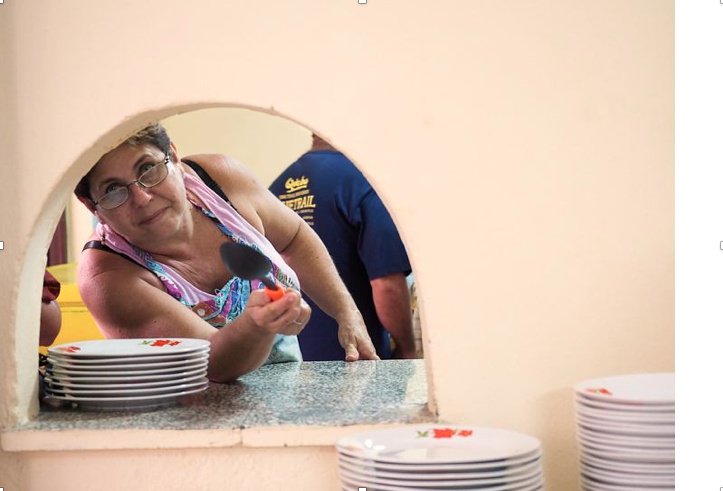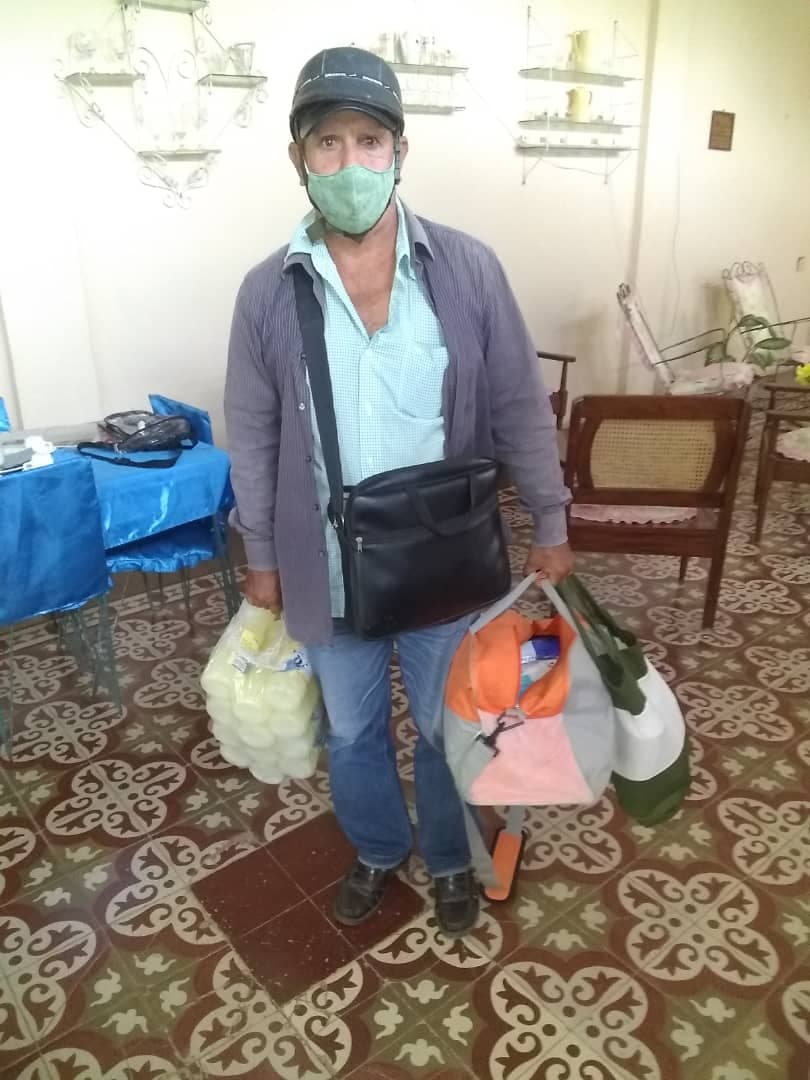From Cuban Friends, shared by NEYMF Puene des Amigos Committee

The economic crisis that Cuba is experiencing at present is the most acute since the 1990s, when the collapse of the socialist bloc in Europe occurred. Although Cuban experts say the country is more prepared now than then to meet the crisis, there are circumstances that make the road to recovery more difficult, such as the pandemic context that aggravates the world’s economies. Internal and external factors create uncertainty that is difficult to unravel.
In addition to the six-decade embargo on the island, recent US policies create difficulties with tourism—which constitutes the country’s main income—by prohibiting the entry of cruise ships and the arrival of travelers through the different provinces of the country. Another US-created difficulty is the recent restriction on the remittances that normally flowed between families on one side and the other of the waters. In addition, conflict between the US and Venezuela has led to a decrease in oil supplies in Cuba and an appreciable decrease in the availability of transportation.
Nonetheless, Cuba has continued to maintain free education and health care even as it is forced to regulate the internal economy in ways that have led to the increase of wages and prices in a year of epidemiological complexity that has unleashed a crisis of food, medicine, supplies, fertilizers, animal feed, etc.
How this crisis affects the Cuban church
Everything that affects society also affects the church. Communities of faith need an economic base that sustains both community members and their institutional and administrative order. Cuban churches have been supported by the contribution of their membership and additional support from counterpart churches abroad—which now encounter obstacles in sending their contributions. In general, the Cuban churches do not have financial support beyond these options. Ministries continue even as the economy suffers. Churches that have ministries to assist the elderly persist even when the cost of food has risen by up to five times. Car maintenance, fuel, and various services that have always been paid for in US dollars continue to be needed, even though they have become more expensive on account of inflation, and because of the difficulty in acquiring US dollars in the interior of the country. (On the black market, one US dollar is now equivalent to forty-eight or fifty Cuban pesos.) Just as the state has increased the salary of its workers, the church has also increased the salary of its workers, lay or pastoral, because everyday life has become more and more expensive. All churches have ministries that need funds to function, in commissions, departments, councils, etc. Electricity rates have risen up to ten times their value, so the monthly rate is close to or exceeds one thousand pesos.
Ministries continue even as the economy suffers. Churches that have ministries to assist the elderly persist even when the cost of food has risen by up to five times. Car maintenance, fuel, and various services that have always been paid for in US dollars continue to be needed, even though they have become more expensive on account of inflation, and because of the difficulty in acquiring US dollars in the interior of the country. (On the black market, one US dollar is now equivalent to forty-eight or fifty Cuban pesos.) Just as the state has increased the salary of its workers, the church has also increased the salary of its workers, lay or pastoral, because everyday life has become more and more expensive. All churches have ministries that need funds to function, in commissions, departments, councils, etc. Electricity rates have risen up to ten times their value, so the monthly rate is close to or exceeds one thousand pesos.
Churches that have buildings and are accustomed to renting out space have seen their income possibilities reduced as travel has ceased, both internally and internationally. Similarly, the pandemic has limited the ability of churches to gain income by providing transportation services.
How it affects Cuba Yearly Meeting
Cuba Yearly Meeting has been supported by a budget equivalent to twenty thousand US dollars a year (five hundred thousand Cuban pesos). In addition to the annual contribution from each of the Monthly Meetings, main economic inputs have come from use of the Gibara building, the Friends Center bus, and donations from groups that visited us during specific events or with special interests. This budget has supported twelve pastoral workers from ten Monthly Meetings, and three retired workers. Income generated by the Gibara building also supported those who worked there.
The Yearly Meeting suggested that the necessary salary increase for pastoral workers should correspond to 3,000 pesos. Since there are no other means of support, the duty for raising funds for the salary increase was given to the Monthly Meetings. The Meetings located in cities, and therefore on more solid financial footing, were able to raise the suggested figure. Holguín, Gibara and Puerto Padre achieved the increase, while Velasco did it with more difficulty. The Meetings of Banes, Retrete, Bocas, Pueblo Nuevo, Vista Alegre, and Floro Pérez were able to raise only approximately fifty percent of the requested increase for their workers. The missions of Delicias, Calabazas, and Asiento de Calderón are supported by the Monthly Meetings to which they belong and the Yearly Meeting, although Delicias does contribute to its worker. The Yearly Meeting encourages ventures that can generate internal income to pay not only salaries, but also ministries and administrative expenses. Our church buildings and parsonages, many of which are approximately 100 years old, require restorative interventions that are impossible to carry out in this complex period. That is why, during this pandemic, we are focused on the support of the church structure and prioritize the payment of our pastoral workers.
—Jorge Luis Peña,
translated by Karla Jay



Pingback: Velasco Friends Meeting (Cuba) | Durham Friends Meeting (Quaker)